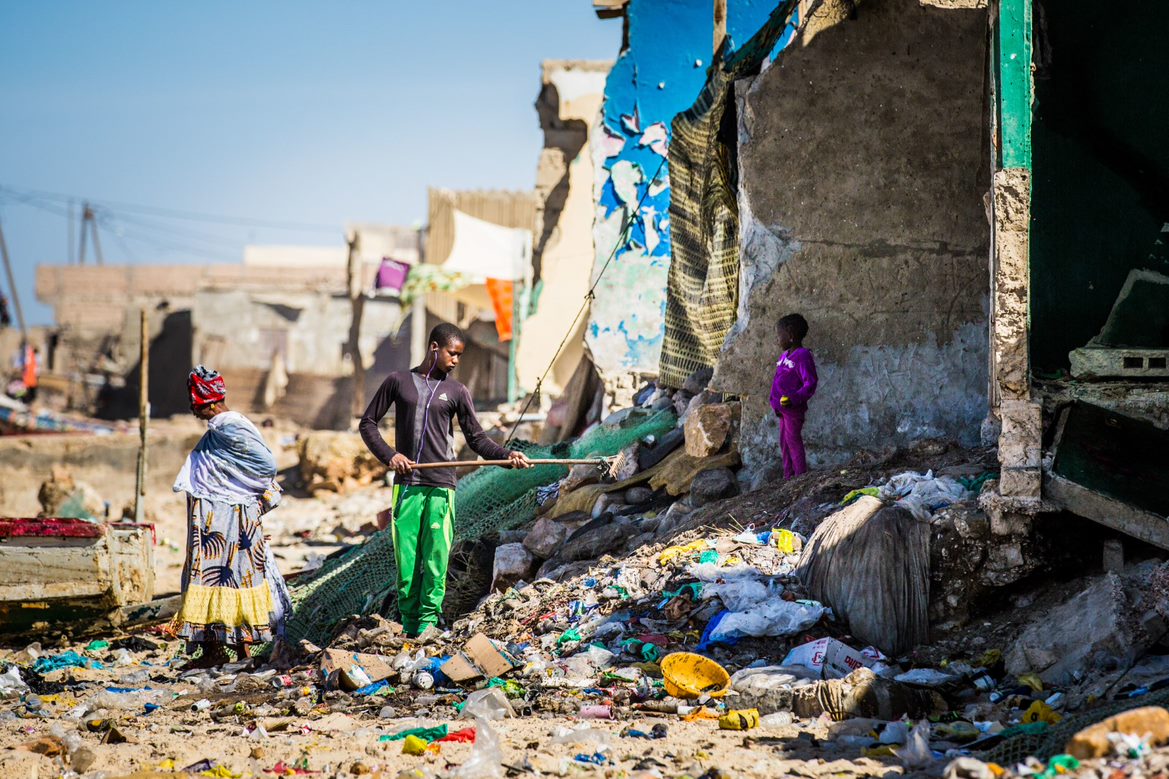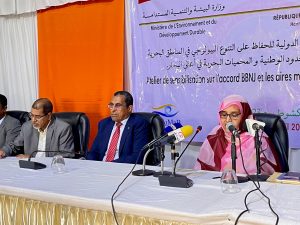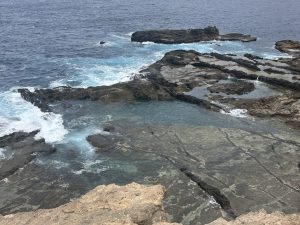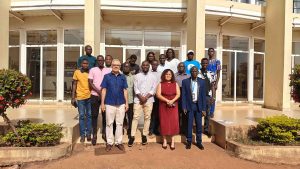If the current trend is not reversed, Africa could surpass Asia and become the world’s largest contributor to plastic pollution. In West Africa, an alarming 80% of plastic waste is poorly managed, leading to growing challenges for the population, economy, and coastal and marine environment. This is the essence of a series of reports published by the World Bank, which urge the decision-makers in the region to address the challenges of plastic pollution and take immediate action.
“It is crucial to develop an integrated solution at the regional level due to the massive importation of plastic products into West Africa and because economies of scale can be achieved by collaborating with all countries and regional institutions to standardise policies, share knowledge and solutions, and strengthen the capacity of key actors.” says Kako Nubukpo, Commissioner in charge of the Food Security, Agriculture, Mining and Environment Department of the West African Economic and Monetary Union (UEMOA), in the introductory note of the report.
Under the West African Coastal Area Management Programme (WACA), which is implemented in 17 coastal and island countries affected by the issue of plastic waste, including Benin, Cabo Verde, Cameroon, Côte d’Ivoire, Equatorial Guinea, Gabon, Gambia, Ghana, Guinea, Guinea-Bissau, Liberia, Mauritania, Nigeria, São Tomé and Príncipe, Senegal, Sierra Leone and Togo, the World Bank is studying the trends and exploring the most appropriate solutions to reduce plastic pollution in these countries through a synergy of efforts.
The first report, Circular Economy in West Africa: Realising the Potential of Plastics, analyses the cross-border flows of plastic materials and products in the region in addition to providing an assessment of the circularity of plastics in three key sectors (construction, fisheries, and packaging) and a consultation with public and private stakeholders in the plastics value chain.
The second report examines The Economics of Plastic Use and Clean-Up Priorities in West African Coastal Countries, with an emphasis on four key economic aspects.
And finally, a WACA Plastic eBook, compiles resources on plastic pollution in coastal areas in West Africa to help individuals build their own case for action.
These reports are accompanied by powerful messages and rich multimedia content that can be accessed on the WACA Programme website.
